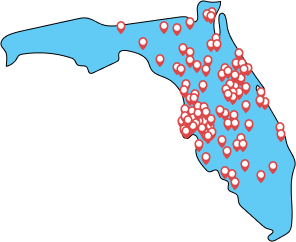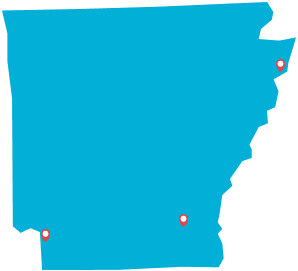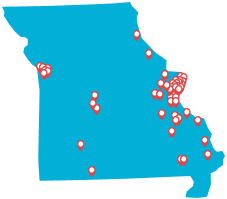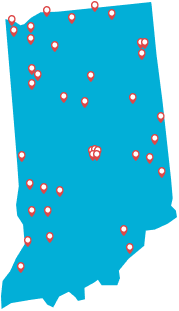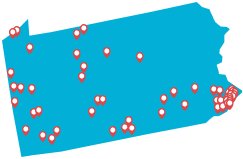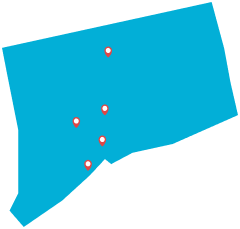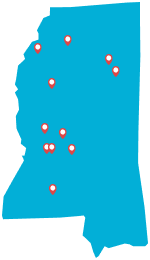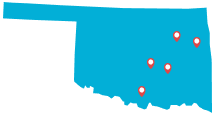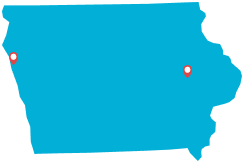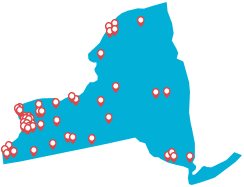A grocery store investment requires a significant capital investment before it becomes operational. While Save A Lot offers a licensing opportunity that provides retail partners the advantage of owning a discount grocery along with the support of the nation’s leading independent discount grocery chain to help them flourish.
Two of the most important factors potential investors need to consider on their journey to becoming a Save A Lot owner are determining licensing costs and reviewing available financing options in order to be mindful of the capital required to become a part of the growing independent grocery store industry.
Your Estimated Initial Save A Lot Grocery Store Investment
First and foremost, Save A Lot is not a grocery store franchise. Therefore, there will be no extra fees for you. Knowing the initial cost of your independent grocery store will give you an estimate of how much you’ll need and whether you’ll require financial assistance. Although the cost of opening a Save A Lot grocery store covers most start-up expenses, it’s important to note that the exact amount you’ll spend is dependent on various factors like the lease agreement you sign, the size or location of your store, etc.
We’re looking for retail partners with a net worth of around $1 million and liquid assets totaling $300,000. Your initial investment of $300,000 – $1 million covers the following:
- Leasehold Improvements
- Store Equipment
- Starting Inventory
- Working Capital
- Thrift deposit
The Different Financing Options
Save A Lot is willing to explore different financing options, like business partnerships that were formed to help share the initial investment costs or third-party financing, such as Small Business Association (SBA) loans. Here are some of the options available to prospective investors:
- Commercial Bank Loans: Retail partners can apply for a commercial loan with the bank of their choice. This option requires a good credit rating and a detailed business plan for approval.
- Small Business Association (SBA) Loans: With a portion backed by the federal government, retail partners can take advantage of more favorable interest rates and repayment terms than commercial bank loans.
- Alternative Lenders: If a licensee cannot secure a commercial bank or SBA loan, alternative lenders are an option. They usually have less stringent requirements and faster approval processes, but the interest rates are generally higher, with shorter repayment periods.
- Personal Assets: Did you know you can leverage your assets to help finance your new store? That’s right! Your savings accounts, severance package payouts, home equity, and retirement savings plans are viable financing options.
- Crowdfunding: Living in a digital era has made it easy for entrepreneurs to raise awareness about their business goals in an attempt to raise money via online forums like GoFundMe. Your friends and family can also help with your crowdfunding efforts.
Save A Lot believes in assisting retail partners in their efforts to build thriving businesses through our time-tested, proven business model that is efficient and effective. Our comprehensive training will equip you with the framework you need to make it easier for your business to grow because you’re not by yourself. Our team is ready to support you every step of the way, ensuring that you build out a store that’s ready to operate efficiently.
Contact us today to learn more information about our Save A Lot licensing opportunity and how you can become a Retail Partner with us.


